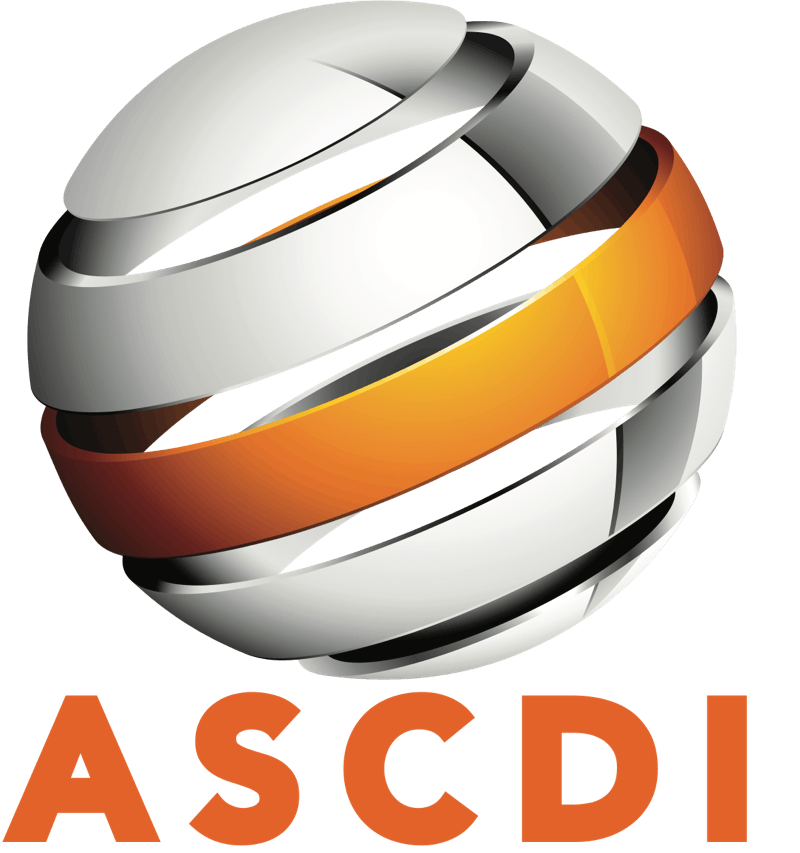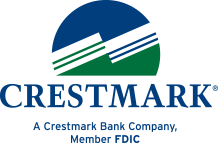Your business likely needs equipment to operate. Businesses looking to improve operations and productivity can do both by leasing new equipment instead of buying expensive equipment outright. Leasing offers an affordable way to upgrade and update business equipment of all kinds while preserving cash.
There are two kinds of equipment leases:
- Fair Market Value (FMV) lease
- $1 Buyout Lease
To make the best decision for your company, here is what you need to know:
Fair Market Value Lease
A Fair Market Value lease, also known as an operating lease, is probably what comes to mind when you hear the term “lease.” Commonly utilized when someone leases a car, an FMV lease allows the lessee to use the equipment for a pre-arranged time period for a fixed monthly payment. At the end of the lease term, the lessee has the option to purchase the equipment at its then-determined Fair Market Value, return the equipment, or upgrade to new equipment.
- FMVs are often the most affordable leases.
- FMV leases are commonly used to acquire IT equipment, including computers and tablets, servers, software, security systems, GPS, or other technology-based equipment.
- FMV leases are often used when the company does not want to retain the equipment at the end of the lease term.
- FMV leases help manage the cost of continuous upgrades, and can prevent the inefficiencies and maintenance issues related to aging and outdated technology equipment.
- FMV lease terms usually range from 12 to 60 months.
- FMV leases feature a fixed monthly payment.
- Since the lessee does not own the equipment it does not appear on the company’s balance sheet, allowing the lessee to deduct the monthly lease payments as an operating expense.
- Priyanka Prakash, managing editor of FitSmallBusiness.com, explains: “An FMV lease (called a “true lease” by the IRS) doesn’t offer the benefits or responsibilities of ownership to the small business. You are not considered the owner of the equipment, and the equipment doesn’t show up as a business asset on your balance sheet. Since you’re not the owner, you cannot deduct the entire purchase price of the equipment on your federal tax return. You can only deduct the monthly lease payments as a business expense.”
- To qualify for an FMV lease, the applicant must have a good credit score.
$1 Buyout Lease
A $1 Buyout Lease, also called a capital lease, is similar to purchasing equipment with a loan. With this type of lease, there is a higher monthly payment compared with an FMV lease, but at the end of the lease term, the lessee purchases the equipment for $1. Since it is very similar to taking out a loan on a piece of equipment, this type of lease is often used when a business plans to keep the equipment for a long period of time, or when equipment obsolescence isn’t a concern.
- $1 Buyout Leases are often used for equipment that retains its value over time, such as construction equipment, automotive repair, material handling, tooling, cleaning equipment and pressure washers.
- $1 Buyout Leases have a set lease term
- Fixed monthly payments
- Equipment ownership is often transferred to the lessee, and the equipment appears on the balance sheet as company assets.
- For tax purposes, there are benefits to leasing the equipment with a $1 Buyout, rather than purchasing it. Prakash explains how this works: “If you lease a $10,000 pizza oven on a $1 buyout basis, the oven will appear as an asset on your business’ balance sheet, and the lease will appear as a corresponding liability. For tax purposes, using Section 179, it is possible to deduct the entire $10,000 as a business expense in the first year of purchase.”
- At the end of the lease term, the lessee purchases the equipment for $1.
At Crestmark, we understand that businesses need affordable options to make equipment acquisition possible. We offer both Fair Market Value and $1 Buyout leases and can help you determine the best equipment lease/finance solution for your business – and make the process easy for you!
Want to explore your leasing options? Contact Crestmark Equipment Finance or call 888.999.8050.

